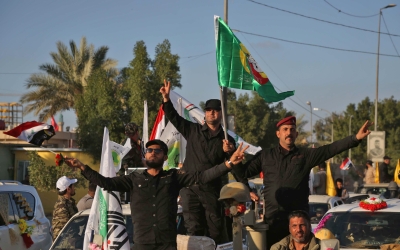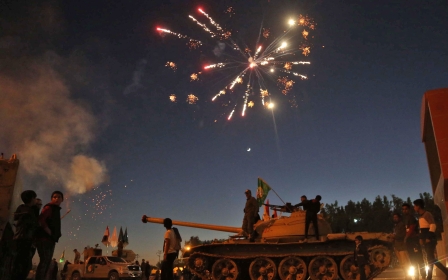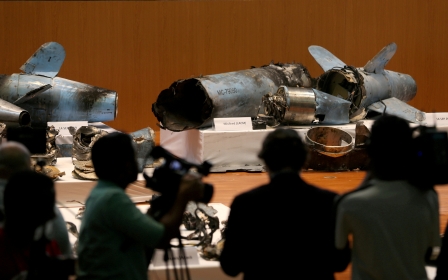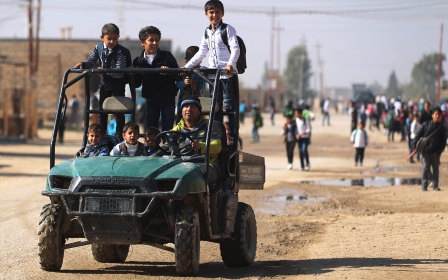Iraqi PM says Israel behind attacks on paramilitary forces
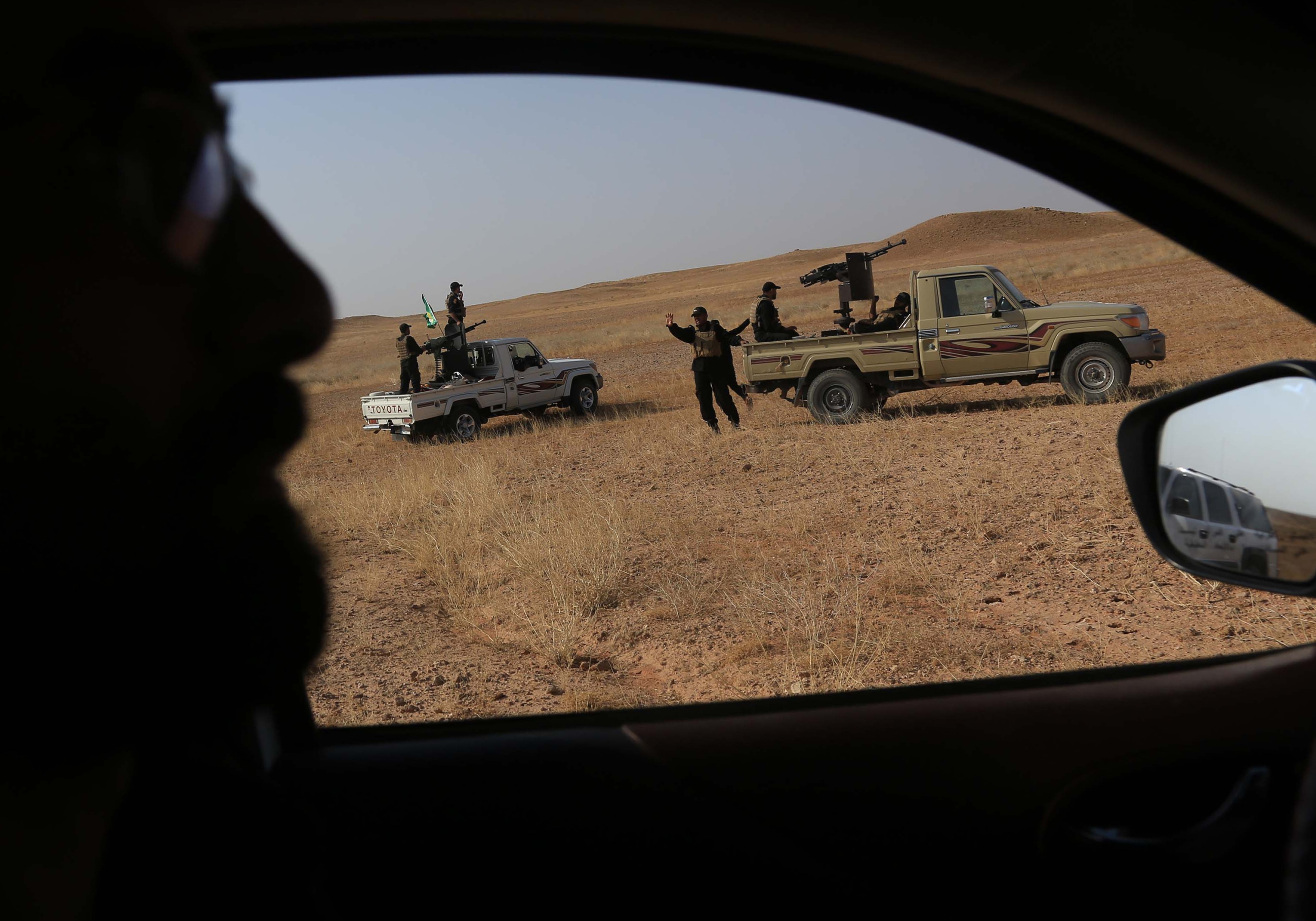
There are "indications" that Israel is responsible for a series of air raids on Iraqi paramilitary forces this summer, Iraq's prime minister has said.
A series of blasts in the months of July and August hit munitions depots and bases belonging to Iraq's mostly Shia Popular Mobilisation Forces (PMF), a group backed by Iran.
The strikes would be the first Israeli attacks inside Iraq since 1981, when jets struck a nuclear reactor being built by the country's former president Saddam Hussein.
Prime Minister Adel Abdul-Mahdi said in an interview with Al Jazeera aired on Monday that the investigations conducted by the government had nearly concluded.
"Some of the investigations carried out by Iraqi authorities provided important indications that Israel was behind some of these attacks," he said, as reported by AFP.
The comments by Abdul-Mahdi mark the first time Baghdad has pointed the finger at Israel for the incidents.
The PMF, also known as Hashd al-Shaabi, was also targeted last month by unidentified drones near the Syrian border, which killed two of its fighters.
The group has blamed the attacks on Israel and the United States.
Late in August, Israeli Prime Minister Benjamin Netanyahu said he had given orders to his army to "do anything necessary" to thwart Iran's plans in the Middle East.
Asked whether the Israeli military would hit targets in Iraq, Netanyahu said the army is "operating in many areas".
For its part, the Pentagon has denied involvement in the incidents.
On Monday, Abdul-Mahdi said he "heard from the Americans" that Israel was involved in the attacks, but Washington did not have "tangible evidence" to back that assertion.
Iraq has been working to integrate PMF fighters into the country's security forces, granting them the same rights and pay as members of the military.
But the group is still widely seen as a proxy force for Iran, as its fighters have fought alongside Tehran's allies and pro-government forces in Syria.
Middle East Eye propose une couverture et une analyse indépendantes et incomparables du Moyen-Orient, de l’Afrique du Nord et d’autres régions du monde. Pour en savoir plus sur la reprise de ce contenu et les frais qui s’appliquent, veuillez remplir ce formulaire [en anglais]. Pour en savoir plus sur MEE, cliquez ici [en anglais].


